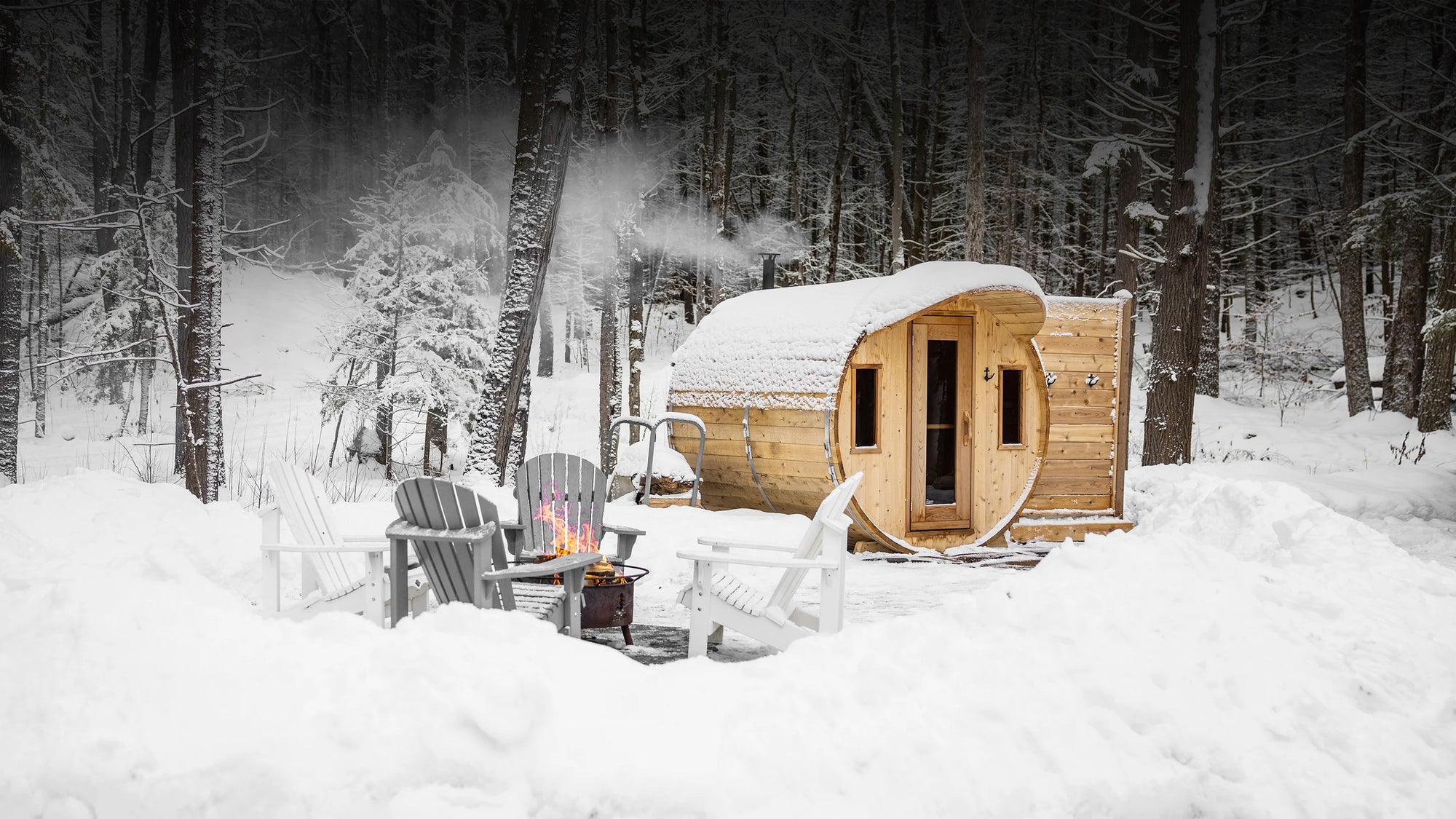1. Heat Retention
Hemlock wood is known for its exceptional heat retention properties, ensuring that the sauna maintains a consistent and comfortable temperature. This makes hemlock saunas an excellent choice for those seeking a sauna experience with optimal heat distribution and retention. On the other hand, while cedar also offers good heat retention, it may not match the level of heat retention provided by hemlock. However, cedar's natural insulating properties make it an excellent choice for outdoor saunas or environments with fluctuating temperatures.
2. Aesthetic Appeal
Both hemlock and cedar saunas offer distinct visual appeal. Hemlock's light color and uniform texture exude a sense of natural elegance and sophistication, while cedar's rich, reddish-brown hue adds warmth and character to the sauna space. The choice between the two woods ultimately comes down to personal preference and the desired aesthetic for the sauna environment.
3. Aroma
Cedar's aromatic properties are one of its most distinctive features. The natural oils present in cedar wood release a pleasant, soothing aroma when heated, enhancing the overall sensory experience of sauna bathing. For individuals who value the aromatic aspect of sauna bathing, cedar may be the preferred choice. Hemlock, while lacking the strong aromatic qualities of cedar, offers a more neutral and understated scent, which may be preferable for those seeking a more subtle fragrance in the sauna.
4. Durability and Maintenance
Both hemlock and cedar are durable woods that can withstand the high temperatures and humidity levels present in saunas. Hemlock's minimal expansion and contraction make it a reliable and low-maintenance option, requiring less frequent upkeep. Cedar, with its natural resistance to decay and insects, also offers excellent durability. However, cedar may require more regular maintenance to preserve its natural properties, such as resealing or refinishing over time.



























